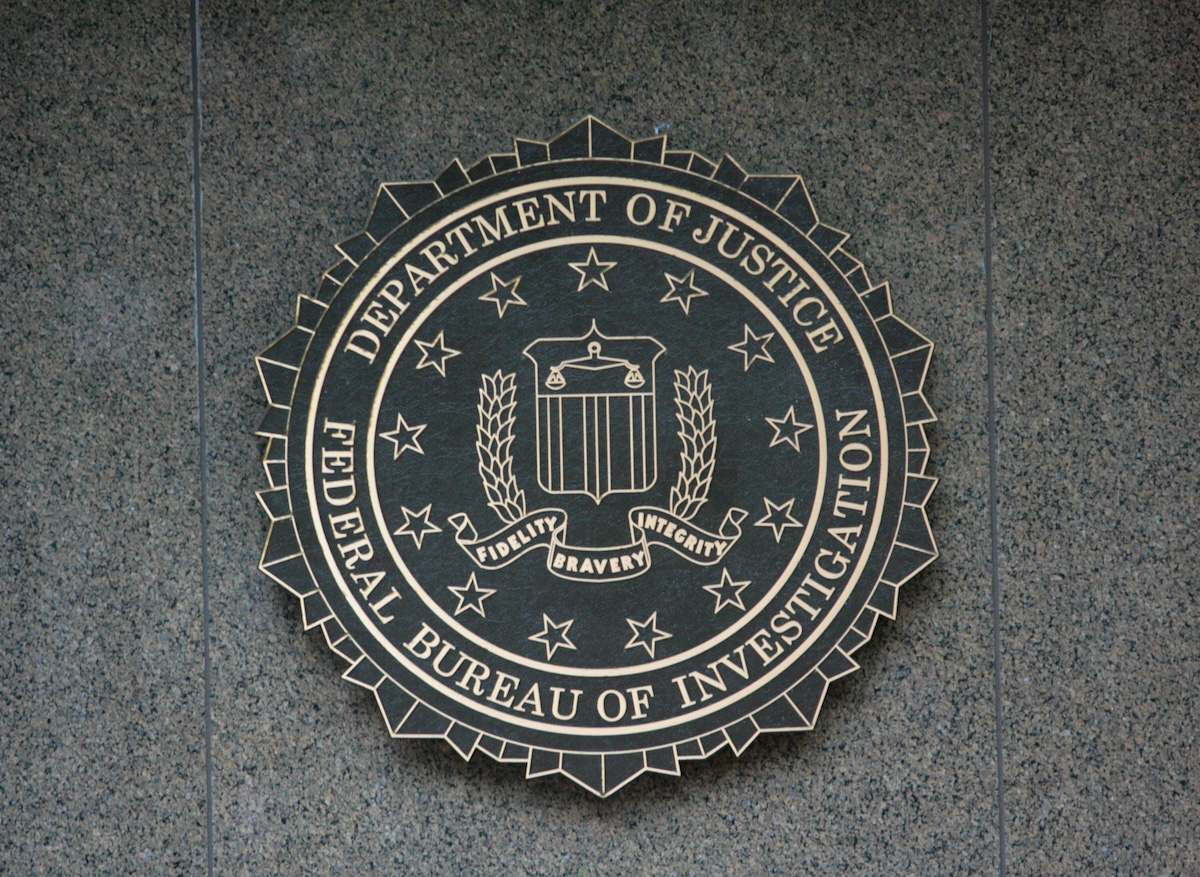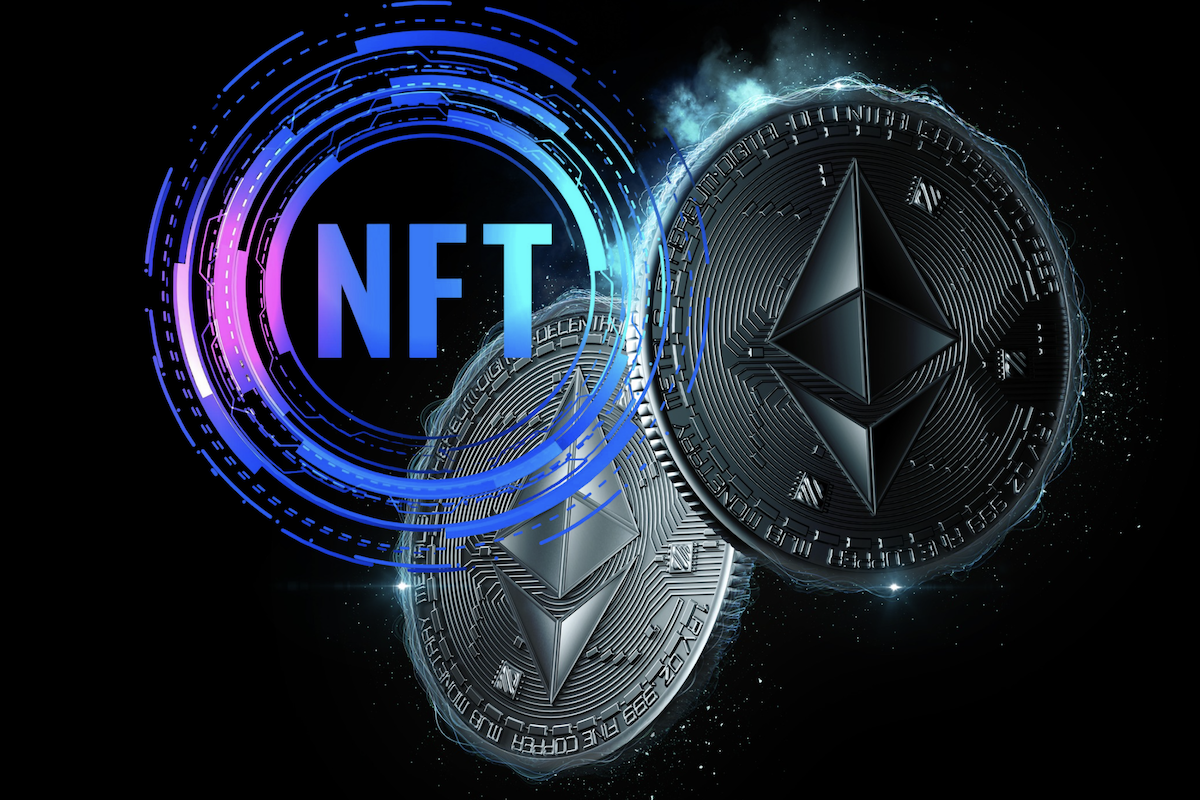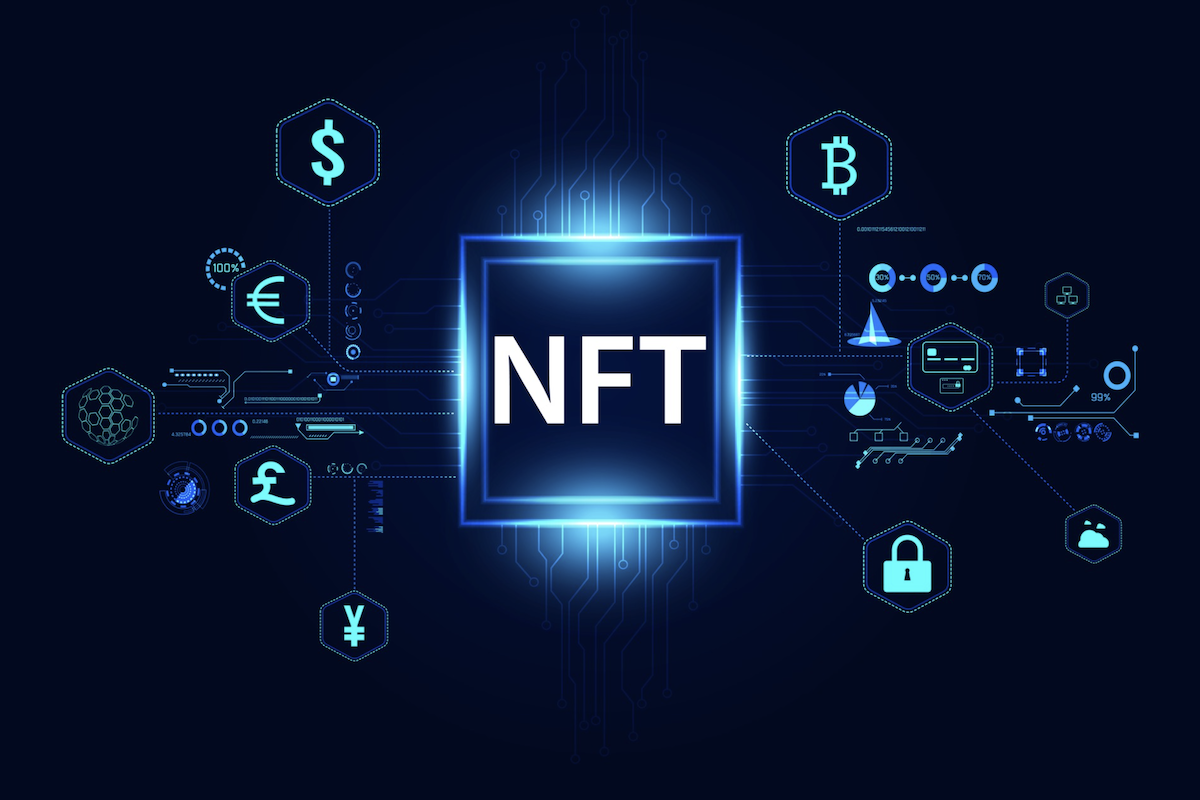Epic Games vs Apple: The Court Battle Continues
Explore the implications of the Epic Games vs. Apple legal battle and how it influences the future of digital gaming.

The U.S. Supreme Court has delivered a blow to Epic Games, the creators of the widely-played video game "Fortnite," by not allowing a federal judge's injunction to be implemented. The postponement allows Apple the opportunity to appeal the decision to the Supreme Court. During this interim, Apple can maintain its existing App Store guidelines, which prevent iOS apps from providing users with details or links to outside payment systems or marketplaces, meaning Web3 and NFT applications will need to hold off for now.
Background on the Epic Games vs Apple Conflict
In 2020, the makers of the popular game "Fortnite", Epic Games, filed an antitrust lawsuit against Apple. The core contention revolved around Apple's policies concerning its App Store and the commission it charges, which can go up to 30%. The crux of the disagreement was Apple's mandate that consumers acquire apps exclusively from its App Store and make digital purchases within these apps through its system.
https://twitter.com/FOSSpatents/status/1689331973003579392While Judge Yvonne Gonzalez Rogers turned down Epic's antitrust allegations against Apple in 2021, she ruled that Apple transgressed California's unfair competition laws. Specifically, Apple's policy prohibiting developers from "steering" users to alternative digital purchasing methods, which could potentially save them money, was pinpointed as unfair. The consequential injunction mandated Apple to allow developers to include links and buttons directing users to alternate payment systems within their apps
The San Francisco-based 9th U.S. Circuit Court of Appeals played a critical role by initially upholding the injunction. However, this decision was temporarily halted in July. Fast forward to recent events, and the U.S. Supreme Court, represented by Justice Elena Kagan, declined to override the 9th Circuit's decision to suspend the injunction.
This means that, for the moment, the judicial system has allowed Apple's existing regulations to persist. Apple argued that enforcing the injunction would oblige it to alter its business model, potentially compromising user protection against potential threats like fraud, scams, and malware. On the other hand, Epic's stance was that the 9th Circuit's criteria for postponing injunctions are too permissive.
What Does This Mean for NFTs, Web3 Gaming, and Apple?
In June, leading web3 game developer and publisher, Immutable Games, revealed that Gods Unchained, Ethereum's top-selling trading card game, debuted on the Epic Games Store. This news undoubtedly sent waves of excitement throughout the Web3 gaming community.
Apple's AppStore guidelines have frequently faced criticism for hindering Web3 entities. Apple enforces regulations on its platform to shield iOS users from the financial uncertainties inherent in virtual assets such as cryptocurrencies and NFTs.
Currently, mobile games employing NFTs and cryptocurrency tokens won't be able to guide users to external marketplaces because of Apple's prevailing rules. Were the Supreme Court to ultimately favour Epic, a new horizon could emerge where apps can link users to external NFT platforms, bypassing Apple's 30% commission.
Given these constraints on Apple's ecosystem, gamers might have to look elsewhere to enjoy a comprehensive NFT gaming experience. The Play Store by Google or the expanding range of blockchain games hosted by Epic Games might become more enticing platforms for such endeavours.
Conclusion
The ongoing tussle between Epic Games and Apple is emblematic of broader shifts and challenges in the digital domain, especially as NFTs and Web3 gaming become more mainstream. As legal decisions unfold, they will undeniably shape how developers, platforms, and gamers interact in this new digital frontier. For now, the gaming community awaits the Supreme Court's final stance.





